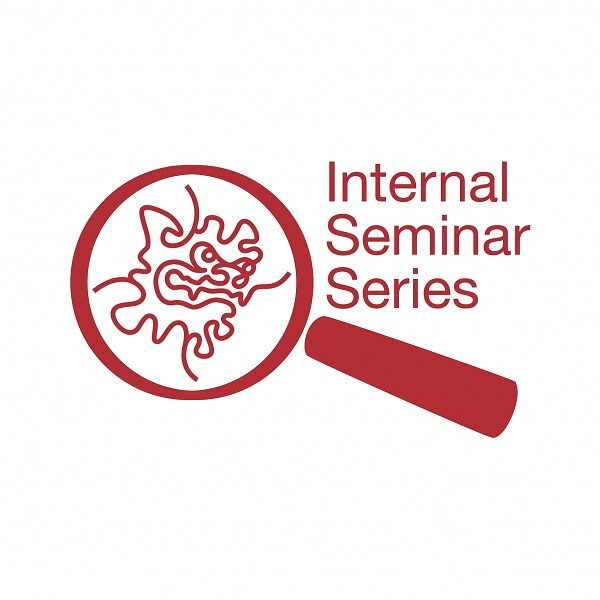Internal Seminar: Economo Unit and Luscombe Unit

Date
Location
Description
Join us for this December's Internal Seminar Series, from 17:00 to 18:00 in B250, central building.
This month's seminars feature the Biodiversity and Biocomplexity Unit (Evan Economo) and the Genomics and Regulatory Systems Unit (Nicholas Luscombe).
Edit: Pr. Economo's talk has been canceled. The refreshements will be served when the other talk is over.
Biodiversity and Biocomplexity Unit (Evan Economo)
Speaker: Evan P. Economo
Title: Global Structure of a Hyperdiverse Evolutionary Radiation
Abstract: Adaptive radiations are of particular interest due to what they reveal about the drivers of -and constraints on- macroevolution. This applies to localized island radiations such as Darwin’s finches, but also to rapid radiations occurring a global scale. Likewise, macroecological patterns such as the structure of diversity across geographic and climate gradients may reflect ecological and climatic constraints species distributions. Here we integrate these two perspectives and analyze the macroevolution and macroecology of the Pheidole, a famously hyperdiverse and ecologically dominant ant genus. We generate and analyze four novel datasets; a) a global molecular phylogeny including 300 Pheidole species b) a global database on regional Pheidole richness in 365 different political areas summarizing over 62,990 individual records and c) a global database of Pheidole richness from 3500 local communities, and d) a database of Pheidole body size across species. We analyzed the climate drivers of richness and found that the patterns are statistically very similar across different biogeographic regions, with both regional and local richness driven by nearly identical coefficients of temperature and precipitation. Despite this similarity, analysis of the phylogeny shows that Pheidole has reached dominance through serial localized radiations on different continents and islands. Pheidole body size distributions have converged across geographic regions with diversification occurring through stochastic deviations around a single attractive optimum size. This suggests that Pheidole dominance and macroecological patterns of richness are due to intrinsic factors regulating diversification and diversity, rather than historical accidents.
Genomics and Regulatory Systems Unit (Nicholas Luscombe)
Speakers: Ritsuko Suyama, Takeshi Noda and Garth Ilsley
Title: Single-cell transcriptomics in a chordate embryo
Abstract: Applying genome sequencing technology to the complement of mRNA present in a biological sample gives us a measure of which genes have been expressed (transcribed) in that sample. This makes it possible to compare the transcriptional profiles of different biological conditions. Recently, this technique (RNA-seq) has been extended to very small quantities of RNA such as in a single cell. We have been developing and testing this approach with single cells of the early Ciona intestinalis (sea squirt) embryo. Although the adult form can be uninspiring to mammalian eyes, the Ciona larva is clearly a chordate, thus offering us an opportunity to understand aspects of vertebrate evolution and development. We will describe our progress so far in assembling a data set of gene expression by RNA-Seq in every cell of the Ciona embryo at the 16-cell stage.
Subscribe to the OIST Calendar: Right-click to download, then open in your calendar application.



